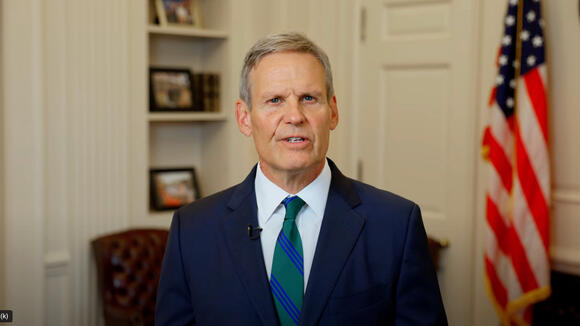
By now, most conservative voters in Tennessee expected Governor Bill Lee to deliver sweeping conservative reforms across the board. He came in promising to cut taxes, empower parents in education, and protect traditional values—and he had two terms to make it happen. Yet after six years, the results fall short.
First, take education—a defining issue for conservatives. Lee staked much on universal school vouchers and charter expansion. But his universal voucher proposal failed in 2024 amid objections over its cost and questionable structure—even from deeply conservative rural Republicans wary of siphoning funds from fragile public schools. He backed a school voucher program in 2019, only to have it struck down by courts. Despite touting his “Education Freedom Act” in a special session yahoo.com+1chalkbeat.org+1, the more comprehensive universal plan has yet to clear legislature and seems to have dissipated as a focal point.
On social issues, Lee has been more style than substance. He signed Tennessee’s first drag-ban law in March 2023, but it was quickly enjoined as unconstitutional. The sticky government involvement in schools—mandating “outing” of trans‑identifying students to parents—while controversial, offers little forward motion beyond grievance signaling theguardian.com. Conservatives see virtue signaling; but real gains feel lacking.
Tax and regulatory reforms are similarly half‑measures. Yes, Lee championed the bank tax repeal and corporate tax breaks—$400 million annually, plus a $1.55 billion rebate payout. Yet many grassroots conservatives focused more than anything on issues like education, immigration, and inflation—making these fiscal moves feel like background noise. As conservative activist Jody Barrett told The Guardian, corporate tax cuts barely registered amid the wider legislative distractions.
Gun policy presents the clearest accomplishment—permitless carry legislation was signed. But conservatives view Lee’s response post‑Covenant shooting as cautious at best. He didn’t call for new gun restrictions, but neither did he push bold reforms—just a special session and minor tweaks. For a movement calling for decisive leadership, this felt tepid.
Perhaps the biggest blot, though, was the ethics scandal. Lee’s keynote trip to a Florida conference funded by the Alliance Defending Freedom—later lumped into an ADF lobby arm—prompted an ethics violation and repayment order from Tennessee’s Ethics Commission. Even Republicans voiced frustration, calling it a needless distraction from his legislative agenda.
So what have conservative voters been left with? A drag-ban that likely won’t survive court challenge, a voucher plan that stalled, corporate tax relief mostly ignored by the electorate, and an ethics scandal that undermines his moral authority. Bill Lee ran as a forceful conservative—but two terms in, conservatives are asking: where’s the tangible legacy?
It’s not damning to call Lee a moderate: he won broad bipartisan appeal. But that appeal often meant dialing back the bold conservative reforms his base wanted. Rural conservatives, in particular, wanted a partner who would aggressively champion constitutional principles, limited government, and parental control in schools—not one who repeatedly conceded to legislative caution or would drag out voucher fights.
Bill Lee’s brand is safe. His style is calm. But conservative voters aren’t clamoring for safe—they’re looking for impact. And after six years, his track record looks more like maintenance than transformation.

